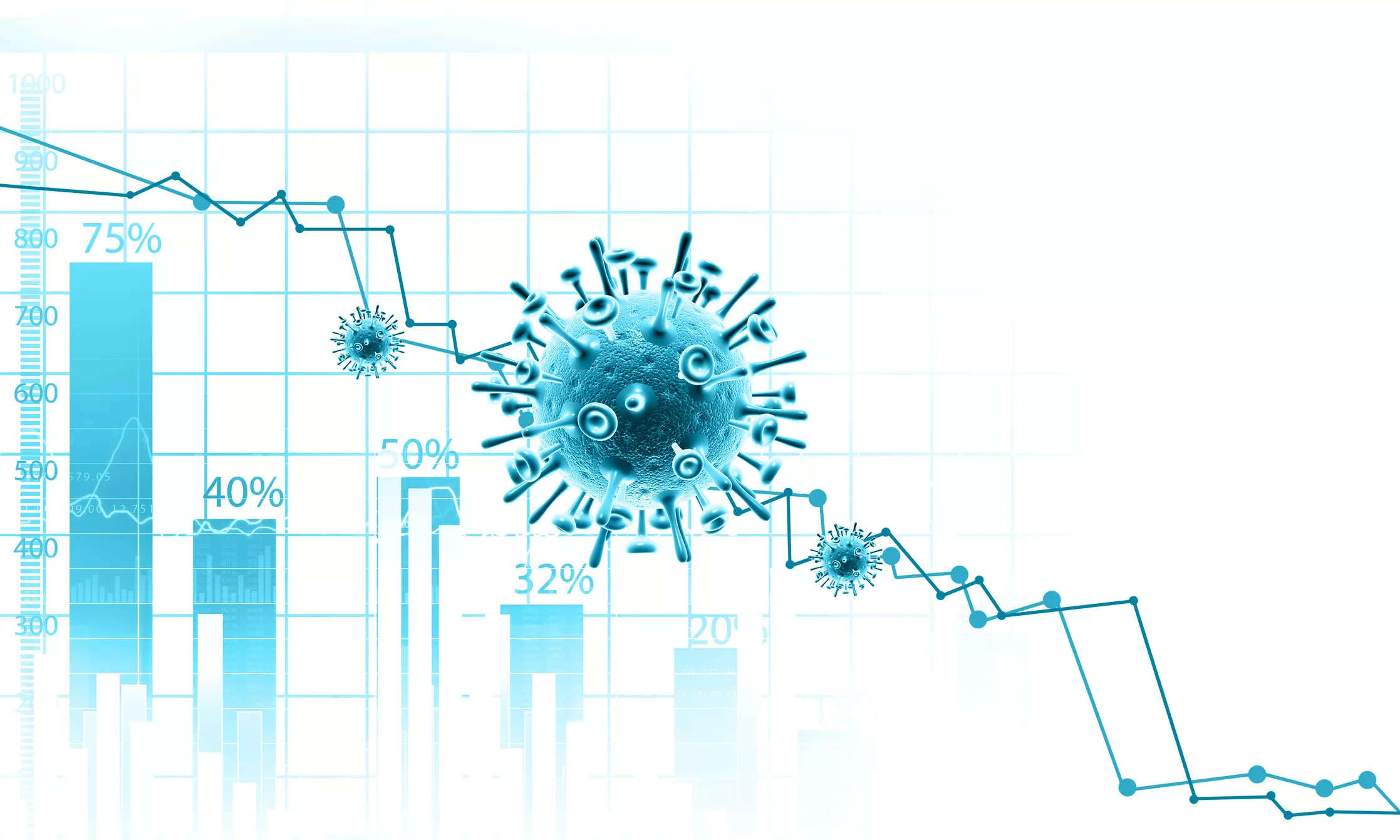The Covid-19 brought an unforeseen problem for humankind. From the beginning, it was touted that the vaccine will be the most powerful weapon in dealing with the pandemic. Since October 2020 the scientists have been working on developing an effective vaccine against the Covid-19. It is important to note that when the scientists and researchers were working on developing a vaccine against Covid-19, WHO warned the producer nations against ‘vaccine nationalism’.
But, this warning has seemed to turn futile. The most effective way to deal with Covid-19 is to ensure that all humans get equal access to the vaccine, including poor nations. So, the aim should be to vaccinate all the people in all the countries and not just in a few nations. The concept of vaccine nationalism will only increase the pandemic and its threat, rather than reduce it.
The big nations include rich countries and vaccine-producing nations. It mainly includes the countries in North America and Europe. Rich countries like France and Japan have at least 1 dose for more than 75% of their population. Countries like the UK and US have large quantities of vaccines stored for their citizens.
On the other hand, South Africa, which warned the world about the Omicron variant, has only a quarter of its population vaccinated. The majority of the African nations are dependent on the rich nations for the vaccine doses for their citizens.
To tackle this problem, the WHO initiated a global vaccine sharing system called COVAX to provide equal access to vaccines for 92 MIC and LIC nations. The rich nations and vaccine-producing nations promised to give a specific quantity of vaccines for it. But, the nations are still far away from fulfilling their commitments. Still, it has successfully provided 500 million doses for 144 nations. Furthermore, the second wave forced all the nations to store vaccines for their citizens instead of giving them to poor countries.
A joint statement by African Vaccine Acquisition Trust, the Africa Centres for Disease Control and Prevention, and Covax says that vaccine sharing needs to improve.
“The majority of the donations to date have been ad hoc, provided with little notice and short shelf lives,” they said.
“This has made it extremely challenging for countries to plan vaccination campaigns and increase absorptive capacity.”
Is vaccine inequality the cause behind the Omicron variant?

As per French experts who were given the responsibility to identify the cause behind the new variant, it has emerged from an infected person with a depressed immune system. At the same time, the new variant is a result of multiple mutations that accumulated during chronic infection.
Despite this finding, its spread would have been slower if the surrounding population had been immune. But, African nations have very little access to vaccines and a total of nearly 7% of their population is vaccinated. So, the New variant has spread at a fast pace due to less immunity of the surrounding population.
New lesson for the world:
The Omicron variant is a lesson and a shock for the world after the Delta variant. It has again highlighted the need for equal access to Vaccination around the globe. The world can get rid of the coronavirus only when we achieve a level of global immunity. This will restrict the opportunity for spreading and in turn stop the mutations and emergence of new variants.
The World Health Organization again raised the concern for fair access to vaccines when huge quantities of resources were invested in producing booster doses for vaccinated populations by rich nations.
The WHO authorities made it clear that there is no scientific research proving that the booster dose can protect against the new variant. Despite this, rich nations are busy in the production and storage of booster shorts. On the other side, there are many middle and lower-income countries waiting for vaccine doses to vaccinate their population.

“I will not stay silent when the companies and countries that control the global supply of vaccines think the world’s poor should be satisfied with leftovers,” said Tedros Adhanom, Director-general of WHO.
Finally, to beat Covid-19 permanently, all nations must ensure equal sharing of Vaccination without any vaccine nationalism. At the same time, vaccine production at more locations worldwide should be developed.
















